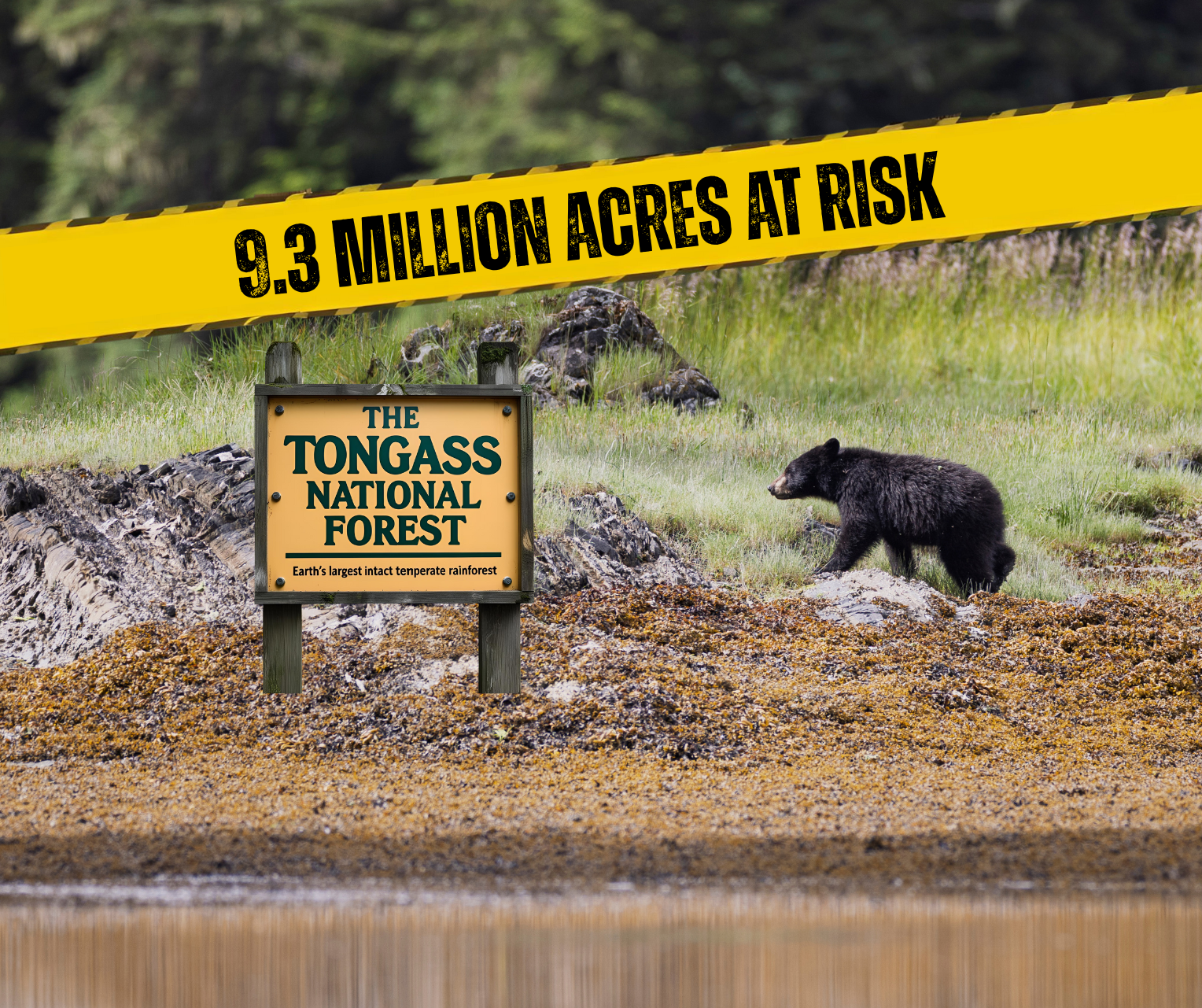
Protect the Tongass—and 44.7 million acres of U.S. National Forests
As of September 17th, 9AM Eastern, we have closed the availability to sign-on to our attorney Paul Olson’s comment to the USDA and officials. Between Sept 17th and 19th, please submit your comments directly onto the docket at the link above. Feel free to copy and paste our text above and use as your comment.
Dear Secretary Brooke Rollins,
We, the undersigned, urge you to withdraw the 2025 Roadless Rule repeal, a decision that jeopardizes 44.7 million acres of our nation’s inventoried roadless forests, from Alaska to California. Within this vast expanse, the Tongass National Forest stands out as a temperate rainforest, its 9.34 million acres at risk¹ within its total 16.7 million acres nurturing diverse ecosystems—home to bears, salmon, and Indigenous communities—where tourism generates $500 million annually (2023)² compared to a mere $20 million from logging (2022)³, debunking economic claims. Roads, far from reducing wildfire risk, increase fire starts fourfold⁴, threatening this biodiversity we rely on.
We stand with The Boat Company, a 45-year steward of these wild lands, and its environmental attorney Paul Olson, whose legal efforts with partners like Earthjustice have twice upheld these safeguards against past repeals. Preserve this natural legacy—reject the repeal and honor the public’s voice during the comment period.
¹ Source: USDA Forest Service, 2023 Inventory
https://www.fs.usda.gov/managing-land/national-forests-grasslands/inventories
² Source: Earthjustice, 2024 Economic Report
https://earthjustice.org/wp-content/uploads/2024/01/tongass-economic-impact-2023.pdf
³ Source: Earthjustice, 2024 Economic Report
https://earthjustice.org/wp-content/uploads/2024/01/tongass-economic-impact-2022.pdf
⁴ Source: The Wilderness Society, 2024 Wildfire Impact Study https://www.wilderness.org/sites/default/files/media/file/Wildfire-Impact-Report-2024.pdf
Why It Matters: The 50-Million Acre Threat
The Roadless Rule guards approximately 50 million acres from logging and roadbuilding. The USDA’s recent repeal announcement risks 9.3M acres of the Tongass National Forest alone, and 44.7 million acres across all National Forests (according to an August 29th, 2025 announcement, the remaining acres protected under the rule in Idaho and Colorado will be left in place). Act now.
Our History: The Boat Company’s Fight for the Forests
The Boat Company’s Conservation Director and environmental attorney, Paul Olson, alongside partner law firms Earthjustice, the Natural Resources Defense Council, fishermen and tribes have been working continuously to maintain Roadless Rule protections for the Tongass National Forest since the 2000s, whether in court or through Forest Service regulatory processes.
Take Action: Your Voice Counts
The “public comment” period is now open August 29, 2025 - September 19, 2025. Here is a direct link to the docket where you can submit your comment publicly and directly to the USDA Forest Service.
As of September 17th, 9AM Eastern, we have closed the availability to sign-on to our attorney Paul Olson’s comment to the USDA and officials. Between Sept 17th and 19th, please submit your comments directly onto the docket at the link above.
The June 2025 Announcement
On June 23, 2025, Agriculture Secretary Brooke Rollins, appointed by President Trump, announced the intent to rescind the 2001 Roadless Rule, a move detailed in a USDA press release. This targets 44.7 million acres of inventoried roadless landscapes, sparking widespread concern. The announcement followed a strategic review initiated post-inauguration, reflecting the administration’s pro-industry stance, with Rollins citing “common-sense forest management” to address wildfire risks and economic needs, a narrative pushed to justify reversing Biden’s 2023 Tongass reinstatement.
The Motivation Behind the Repeal
The repeal’s motivation stems from pressure from timber and mining industries, seeking access to 44.7 million acres, including the Tongass’s 9.34 million acres at risk. Rollins aims to boost rural jobs, claiming logging will revitalize economies, while aligning with Trump’s deregulation agenda. However, this overlooks tourism’s $500 million annual haul in the Tongass (2023, Earthjustice) versus $20 million from logging (2022), suggesting a political favor to corporate interests over sustainable livelihoods, a pattern noted by environmental advocates (e.g., Grist, June 2025).
The Boat Company’s Legacy in Creating the Rule
The Boat Company (TBC) played a pivotal role in crafting the 2001 Roadless Rule, collaborating with environmentalists and Indigenous groups to protect 44.7 million acres of U.S. National Forests across the country from road-building. Founded 45 years ago, TBC’s eco-cruises educated policymakers on the Tongass’s value, contributing data that shaped the Rule’s inception. This grassroots effort, rooted in our nonprofit mission, established a precedent for forest conservation, blending adventure with advocacy.
Debunking the USDA’s Claims
The USDA asserts the repeal reduces wildfire risk and enhances economic growth, but evidence contradicts this. The Wilderness Society (2024, https://www.wilderness.org) shows roads increase fire ignitions fourfold, with 28 million acres already at risk manageable without logging. Economically, tourism outstrips logging across forests—Tongass ($500M vs. $20M, 2023), Idaho’s Clearwater ($300M, 2024, CalMatters)—while habitat fragmentation and erosion negate management benefits (Washington Post, 2025). These claims prioritize industry over ecology.
The Boat Company’s Victories in Defense
The Boat Company, alongside partners like Earthjustice, has twice defended the Roadless Rule in court—2005 against the Bush administration’s Tongass exemption and 2020 against Trump’s rollback. Our environmental attorney Paul Olson was an integral part of these defenses, leveraging legal arguments later adopted by allies, halting logging plans. These victories, built on 45 years of stewardship, underscore The Boat Company’s leadership in preserving the Tongass’s 9.34 million acres at risk.
The Broader Context and Call to Action
This repeal’s 2-month delay until opening the comment period mirrors past tactics to limit public input, a strategy criticized by groups like Defenders of Wildlife. The 44.7 million acres at stake across the country demand a unified response. The Boat Company stands as your resource—sign our Conservation Director and environmental attorney Paul Olson’s comment, likely to be one of the largest and most comprehensive messages going to officials during the comment period.
UPDATE: The “public comment” period is now open August 29, 2025 - September 19, 2025. Here is a direct link to the docket where you can submit your comment publicly and directly to the USDA Forest Service.
As of September 17th, 9AM Eastern, we have closed the availability to sign-on to our attorney Paul Olson’s comment to the USDA and officials. Between Sept 17th and 19th, please submit your comments directly onto the docket at the link above (or button below).

“The timber industry in the Tongass is not only economically unsustainable, it is a drain on the American taxpayer, with every dollar of timber revenue costing taxpayers far more in infrastructure, road maintenance and environmental mitigation.”
—Hunter McIntosh, The Boat Company President






